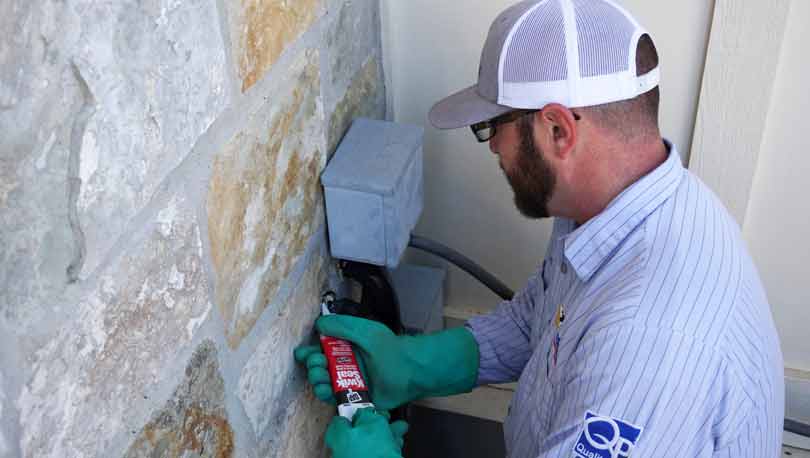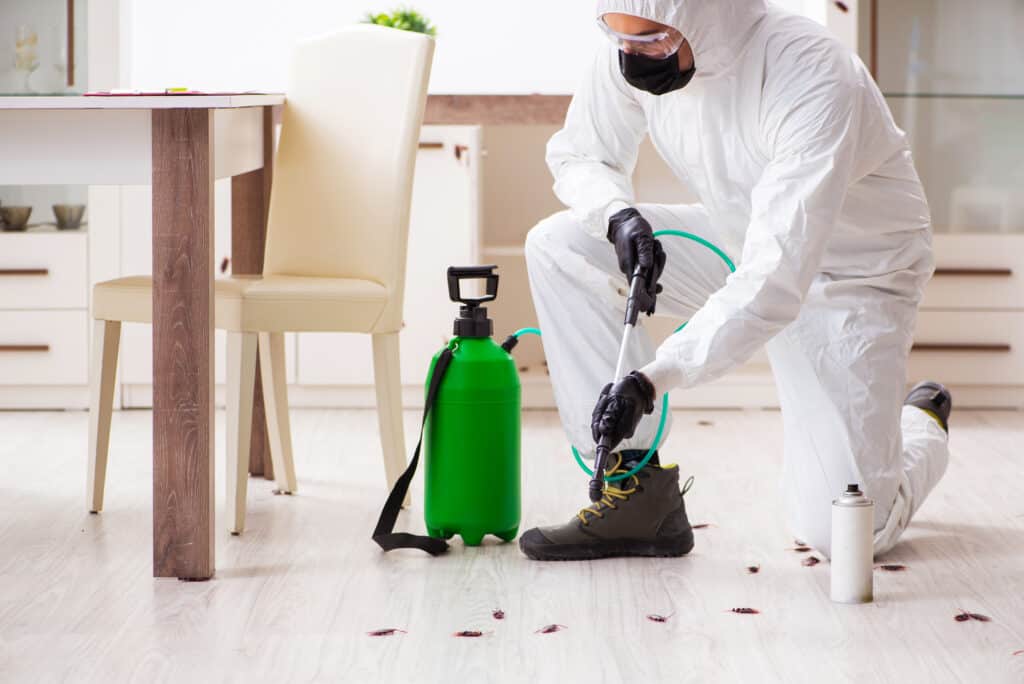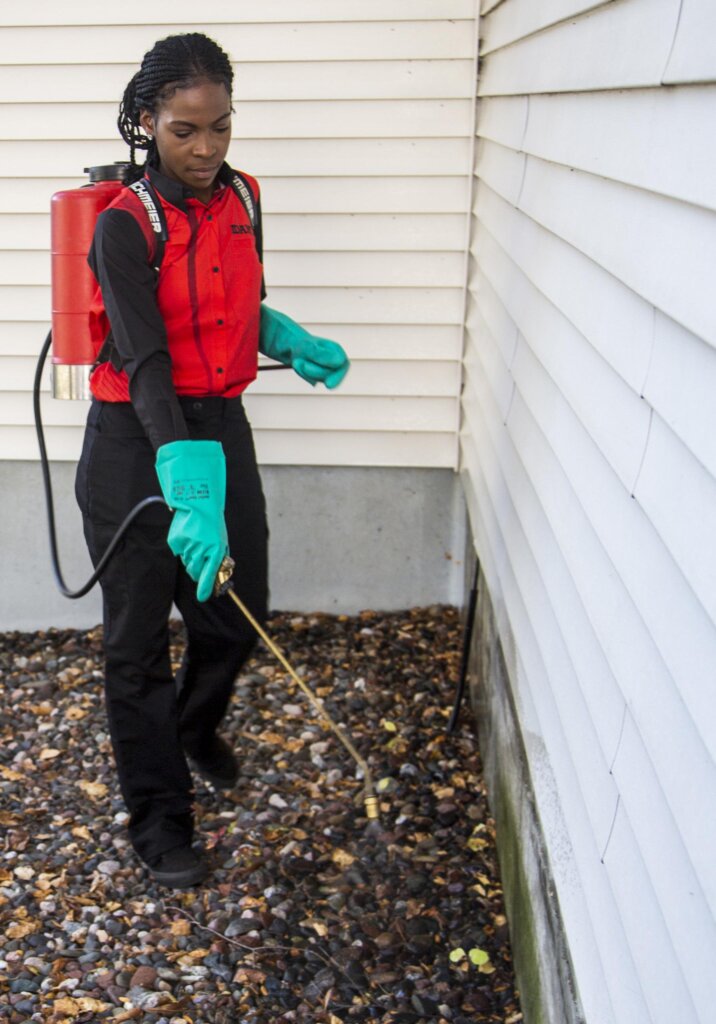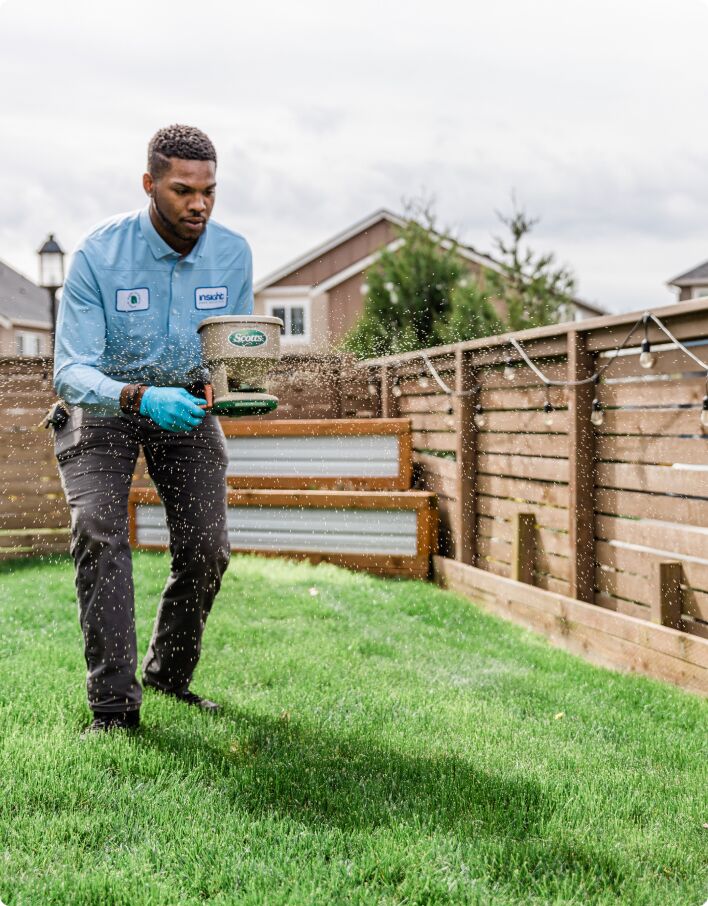Reliable Orem Pest Control Solutions: Keeping Your Home Free from Unwanted Visitors
Reliable Orem Pest Control Solutions: Keeping Your Home Free from Unwanted Visitors
Blog Article
Finding the Different Kinds Of Bug Control Techniques and Their Applications
Insect control is an essential element of maintaining a secure and healthy atmosphere, whether it be in household, industrial, or agricultural settings. From chemical approaches that target particular parasites to organic strategies that harness natural predators, the world of pest control is diverse and huge.
Chemical Pest Control Methods
Chemical parasite control techniques are commonly utilized in farming and parasite management to efficiently eliminate or regulate pest infestations. These techniques include the usage of chemical substances, such as herbicides, insecticides, and chemicals, to lower or eliminate insect populations that present a hazard to crops, livestock, or human health and wellness. Chemicals, as an example, target details parasites like rodents, bugs, or weeds, interrupting their life process or causing direct harm upon contact. Herbicides are specifically made to control unwanted greenery that contends with crops for nutrients and resources. Pesticides, on the various other hand, are used to fight insect pests that can damage plants and transfer diseases.
While chemical parasite control techniques can be extremely efficient in managing insect populaces, they additionally raise worries regarding prospective ecological and health and wellness risks. It is necessary to adhere to security guidelines, make use of incorporated pest management techniques, and take into consideration alternate approaches to decrease the negative impacts of chemical insect control strategies.
Organic Insect Control Techniques
 Biological bug control techniques utilize living organisms to handle and minimize insect populations in a ecologically friendly and sustainable way. One common approach is the release of ladybugs to battle aphids in gardens, as ladybugs are all-natural predators of these damaging parasites.
Biological bug control techniques utilize living organisms to handle and minimize insect populations in a ecologically friendly and sustainable way. One common approach is the release of ladybugs to battle aphids in gardens, as ladybugs are all-natural predators of these damaging parasites.
Organic pest control techniques offer numerous advantages over chemical techniques. They are typically safer for the atmosphere, as they do not leave dangerous residues or add to contamination. In addition, these approaches are often a lot more targeted, affecting only the insect types without damaging beneficial bugs or various other microorganisms. Furthermore, biological control can be a long-lasting option, as the presented microorganisms can develop lasting populaces and offer continuous insect administration. Overall, biological pest control approaches offer a all-natural and reliable option to standard chemical therapies, promoting a balanced ecological community and healthier atmospheres.
Physical Insect Control Approaches
Utilizing physical techniques to regulate bugs involves the use of non-chemical or mechanical means to reduce and take care of insect invasions effectively. One typical physical bug control method is the installment of nets, displays, or fencings to obstruct pests from going into particular locations.
One more physical technique is making use of catches, such as breeze catches for rodents or pheromone traps for insects. These traps goal to catch pests without posturing any kind of risk to humans or the environment. Furthermore, physical control techniques can include methods more tips here like handpicking bugs off plants, utilizing vacuum cleaner tools to remove insects, or employing heat treatments to eradicate bed bugs and other insects in infested areas.
Integrated Pest Management Strategies
Executing an all natural strategy to pest administration, Integrated Bug Administration (IPM) techniques aim to incorporate various reliable methods to manage and avoid insect invasions while reducing ecological influence and making certain sustainable parasite control methods. IPM involves the integration of numerous control techniques such as biological control, social methods, mechanical control, and the cautious use of chemicals.

Additionally, IPM highlights the relevance of tracking and assessing pest populations to establish one of the most suitable control methods. By applying IPM strategies, bug control efforts end up being a lot more targeted and reliable, find out reducing the risks related to too much pesticide use and promoting long-lasting bug monitoring solutions.
Natural and Organic Bug Control Options

One popular organic parasite control technique is neem oil, originated from the seeds of the neem tree, which serves as a repellent and interferes with the growth and advancement of pests. Diatomaceous planet, an all-natural silica-based powder, is an additional effective organic pest control choice that works by dehydrating insects upon get in touch with. By integrating natural and natural parasite control options right into insect administration techniques, individuals can properly manage insects while reducing harm to the environment and promoting lasting methods.
Verdict
To conclude, various bug control strategies such as chemical, organic, physical, integrated bug monitoring, and natural options are offered for successfully taking care of parasite problems. Each technique has its very own benefits and applications relying see page on the kind of pest and the environment. By understanding the different kinds of bug control strategies and their applications, people can make enlightened choices on the most suitable method to manage insects and safeguard their residential or commercial property.
Chemical insect control methods are extensively made use of in farming and bug administration to successfully remove or manage pest infestations - Orem Pest Control. Natural insect control methods involve making use of organic control agents, such as predators or parasites, to take care of bug populations. By incorporating natural and natural pest control options into pest administration approaches, people can efficiently manage bugs while lessening damage to the atmosphere and advertising lasting practices
In conclusion, various bug control techniques such as chemical, organic, physical, incorporated insect management, and all-natural choices are available for properly handling insect problems. By comprehending the different kinds of insect control methods and their applications, individuals can make informed choices on the most suitable technique to regulate insects and secure their residential or commercial property.
Report this page